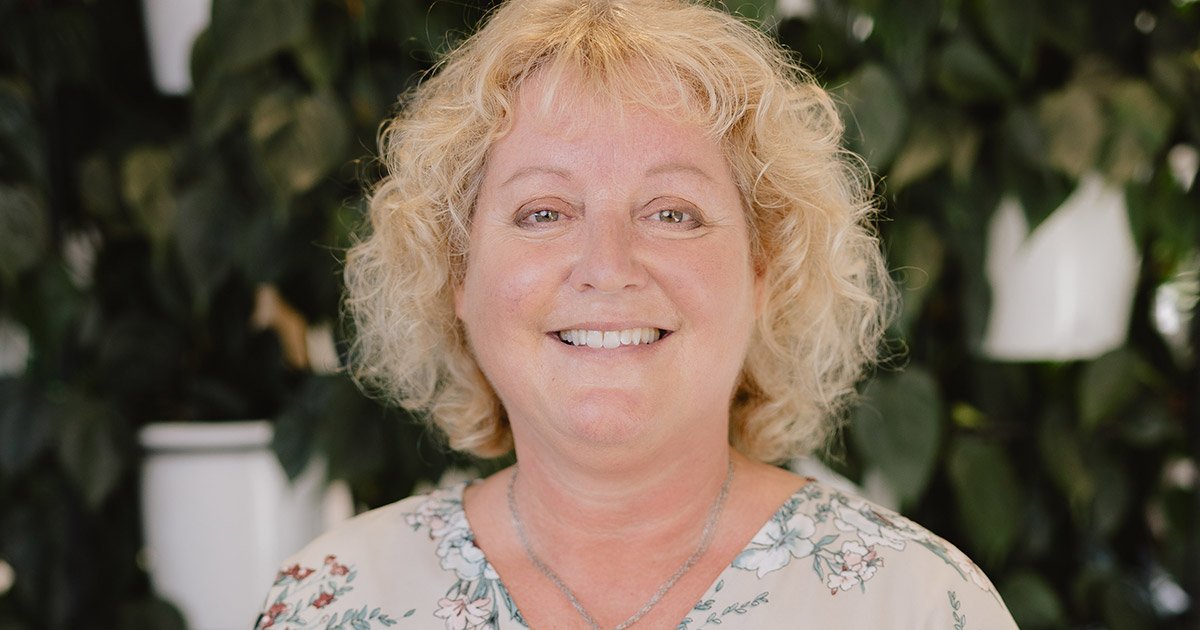Student finance 101: Top tips from a MAS expert
By MAS Team
Originally published 29 August 2024. Last updated 1 July 2025
It might not feel like it, but the best time to start laying the foundations for lifelong financial freedom is when you have the least money – right now when you are studying. We talked to a MAS Adviser about how students should be establishing good money habits ranging from budgeting to investing.
Debbie Guest is a dedicated MAS Student Adviser serving the Taranaki and Manawatū-Whanganui regions. With a decade of experience at MAS, Debbie is passionate about helping young professionals take control of their finances and make informed choices.
Based in Palmerston North, Debbie often interacts with students at Massey University Te Kunenga ki Pūrehuroa, aiming to reach them in their second year when budgeting and financial planning become crucial as they start flatting. Students come from vastly different backgrounds and relationships with money, this means it's important to start these conversations early.

MAS Adviser Debbie Guest
The foundation of good money habits is budgeting. Debbie says it’s important to base your budget on your actual spending, not wishful thinking. "Be honest with yourself when budgeting, the only person you are cheating is yourself”, Debbie emphasises. Using services like spending tracker apps can provide interesting stats on your spending habits.
Debbie says students need to ask themselves important questions about their income and expenses:
Debbie encourages students to create an account and use the budgeting and saving tools on Sorted.org.nz. This platform is great for general budgeting and savings advice, and it has a range of calculators to help you stay on track or steer towards your money goals. We also have resources on budgeting and money tips on our Hub.
Debbie encourages students to get contents insurance for their belongings. Many students mistakenly believe they are still covered by their parents' insurance. The critical question you need to ask yourself is: “Would I be able to cover the costs of my laptop or phone being stolen or damaged?” She says being prepared for the worst isn’t willing it to happen, it’s just having the reassurance that if it does you can handle it.
Insurance can seem daunting. "The language of insurance is precise, not meant to scare," she says, likening it to technical medical terminology.
Debbie encourages every student to think about starting investing – one of the easiest ways is through KiwiSaver. If you’re able, aim to contribute at least $1,042.86 each year (about $20 per week) to your KiwiSaver account. That way, you could qualify for a Government contribution, which can add $260.72 of free money to your KiwiSaver savings each year if you’re eligible.
Once you’ve started, you can track your progress through tools like the MAS KiwiSaver Calculator.
If you’re in a position to put a bit of extra cash aside, MAS Investment Funds offers a range of options to choose from, and the flexibility to access your funds whenever you need them.
While it’s great to talk about money with your mates, it’s important not to feel intimidated or like the train has already left the station and you’ve been left behind.
“The reality is that some people are in situations where putting money aside for investing is a part of their budget, while for others, that’s not the case. This is why talking about money is so important. Understanding other people’s situations can bring insight into your own.”
Read more about investing in our ‘Money tips to set you up for success’ article.

Debbie believes in investing in KiwiSaver, but also in insurance and education. "Your biggest asset is yourself and your ability to earn when you graduate."
Debbie's mission is to ensure students are making informed financial decisions, recognising that everyone's financial journey is unique. "Be open-minded to talking about money and don’t feel bad for not knowing; the only way to learn is by asking questions."
This article provides general information only and is not intended to constitute financial advice.
MAS is a licenced financial advice provider. Our financial advice disclosure statement is available on our website.
Medical Funds Management Limited is the manager and issuer of the MAS KiwiSaver Scheme and MAS Investment Funds. A copy of the PDS for each Scheme can be found on our website.

Whether you’re starting out or looking to change up your portfolio, we break down the 7 MAS investment fund types to help you make the right financial decision.

Keen to start investing but not sure how? We can help. It’s easy to confuse saving with investing, but in reality, they’re different financial strategies that serve different purposes.

Planning for your retirement is one of the most important, and most ignored, financial questions in most Kiwis’ lives. Find out how much money you need.